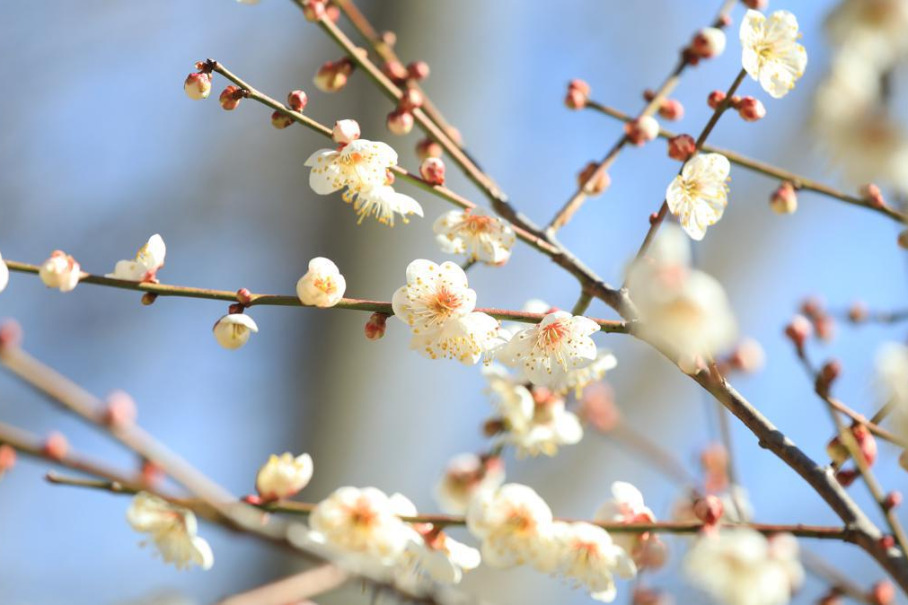Soil potassium decreased with karst forest restoration: Study

BEIJING -- Researchers have disclosed that the concentration of the chemical element potassium contained within soil decreased following karst forest restoration, according to a recent study published in the journal CATENA.
The researchers recorded the concentration of potassium, soil organic matter, nitrogen, phosphorus, pH value and bulk density in soil, around the grass, shrubs, young regenerated forest and closed forest on karst landforms in Southwest China's Yunnan province.
They hoped to find the relationship between the changes in soil properties, biomass accumulation and plant species, as well as identify the most limiting factor for forest restoration on karst landforms.
The results showed that the concentration of potassium, pH value and bulk density decreased, while the concentration of soil organic matter, nitrogen and phosphorus slightly increased during vegetation restoration.
The biomass was negatively correlated with potassium stocks in the soil layer above 20 centimeters, said the study paper. Thus the biomass accumulation during forest recovery had depleted soil potassium stocks.
Any measure increasing soil potassium may benefit forest restoration in karst areas, said the paper.
- Beijing's Shunyi district cracks down on crimes related to public welfare
- Hunan's smoked fish and meat arrive in time for Spring Festival
- International arrivals to Guizhou skyrocket after visa-free policies
- Hubei deputy proposes museum of ancient Chinese law at Qin bamboo slip site
- Snow leopard captured after attacking skier, killing sheep in Xinjiang
- UK, Chinese universities join hands to tackle global health challenges




































